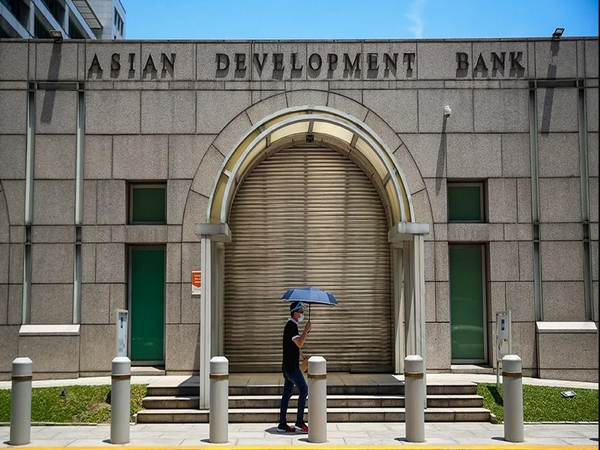Asia-Pacific Policymakers Face Major Hurdles in Climate Data Collection, ADB Report Reveals
Asia and the Pacific is responsible for more than half of the world’s greenhouse gas emissions and experiences more frequent and severe climate-related disasters than any other region.

- Country:
- Philippines
Policymakers across Asia and the Pacific are grappling with significant challenges in collecting and analyzing the data necessary to effectively address climate change, according to a new survey by the Asian Development Bank (ADB) published today. These difficulties are hindering efforts in a region identified as the most vulnerable globally to the impacts of a warming planet.
The ADB survey, which included responses from 29 national statistical offices in the region, highlighted that many of these offices lack sufficient staff dedicated to climate data, and some do not have specialized units for this purpose. Additionally, access to detailed, geographically specific data—crucial for understanding climate change drivers such as fossil fuel consumption and greenhouse gas emissions—was rated as “fair” at best by most respondents. Critical data on the impacts of climate change on ecosystems, infrastructure, specific geographic areas, and water security is also notably lacking.
Asia and the Pacific are responsible for more than half of the world’s greenhouse gas emissions and experiences more frequent and severe climate-related disasters than any other region. The absence of high-quality data and adequate analytical capabilities severely restricts policymakers’ ability to design effective and targeted strategies to combat the causes and consequences of climate change, as well as to assess the success of these measures.
“Asia and the Pacific is at the forefront of the climate battle,” stated ADB Chief Economist Albert Park. “The recent deadly heatwaves and catastrophic floods underscore the urgency of our situation. To avoid policy blind spots, we must invest in our statistical systems, our people, and our institutions to ensure our climate strategies are data-driven and well-informed. The cost of inaction will far exceed the investment needed.”
The report, part of the ADB’s Key Indicators for Asia and the Pacific 2024, emphasizes the crucial role that data and statistics play in addressing climate change. With accurate data, policymakers can better monitor localized climate impacts and implement more effective, evidence-based responses. Detailed, geographically granular data is also essential for identifying priority areas for intervention, ensuring resources are allocated where they are most needed.
However, the survey revealed that national statistical offices are hindered by limited capacity, insufficient access to climate data, and a lack of standardized definitions and methodologies. Respondents cited several reasons for these challenges, including inadequate technical staffing, financial constraints, methodological and technical difficulties, poor coordination with other stakeholders, and the low prioritization of climate data.
The report also highlights the Statistical Data and Metadata eXchange (SDMX) standard, which offers a comprehensive framework to streamline data activities. Adopting this standard could significantly enhance the ability of countries in Asia and the Pacific to collect, exchange, analyze, and disseminate statistical data, thereby supporting the design and implementation of effective, data-driven climate policies.










